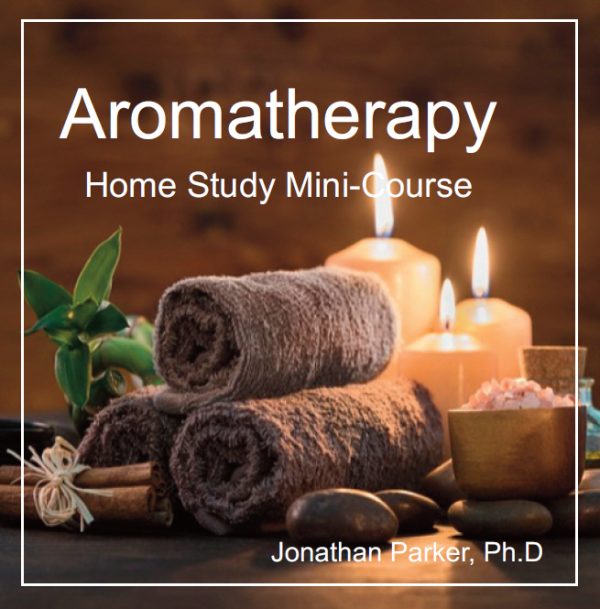A Brief Summary of Aromatherapy and Essential Oils

Before diving in, please note: This post is for informational purposes only. If you’d like to know more about how we approach topics, feel free to check out our friendly Disclaimer Page.
Hey there, amazing readers! 🖐️ Just a quick note: yes, we know there are a lot of ads here. Trust us, we get it—it’s not the prettiest look, but they help us keep this blog alive and kicking. Those pesky little ads cover the costs of all the behind-the-scenes magic, from hosting and tech stuff to creating content we hope you’ll love.
We’re committed to delivering quality posts, and your support (even just sticking around despite the ads) means everything to us. So, bear with us, and thanks for helping us keep the good vibes rolling. Now, on to the fun stuff! 😉
TRANSLATE BUTTON AT THE END OF THE ARTICLE
Aromatherapy is the first thing that comes to most people’s minds when they think about essential oils.
However, when you consider how many different plants there are as well as the qualities that each one has, it makes a lot of sense that certain essential oils serve other functions in addition to providing a pleasant aroma.
There are some essential oils that may also assist our bodies in warding off or fighting off diseases.
Antiseptic Essential Oils
Antiseptics are substances that are capable of eliminating microorganisms.
Some bacteria are beneficial to human health, whereas other bacteria are the cause of many diseases.
Antibiotics, which are comparable to other types of antiseptics but not identical to them, have been extensively employed in recent history to battle dangerous bacteria.
However, antibiotics may also be damaging to beneficial bacteria, and hazardous bacteria have been evolving to survive treatments with antibiotics.
According to an article that was conducted in The majority of the serious clinical studies that have been conducted on essential oils for antiseptic purposes have been searching for potential ingredients in hand sanitizers that will be effective in medical settings where bacteria have become immune to other common lines of defense.
The following are some of the plant extracts that are mentioned in the article that have shown some promise in research:
Thyme
Clove
Lemongrass
Lavender
Basil
Chili Peppers
And Cinnamon
Clove, Rosemary, chili peppers, and lavender were also listed among essential oils found to have antimicrobial effects that a meta-analysis published in The Journal of Applied Bioscience, as were essential oils made from:
Juniper
Olives
Peppermint
Fennel
Lemon Leaves
And Lime Leaves
Scientists aren’t entirely sure yet how or why essential oils can kill bacteria, but some have proposed that chemicals in the essential oils can damage the cell walls of the bacteria.
This would also explain why essential oils included as ingredients in more conventional antiseptics tend to be more efficient than essential oils by themselves.
Anti-Viral Essential Oils
Bacteria and viruses are both pathogens that may make you sick, but they are not the same.
Bacteria and viruses can cause illness, but they do so in very different ways and need very different treatments and preventative measures.
For instance, even if it were shown that essential oils may kill bacteria by causing damage to their cell walls, this strategy would not work against viruses since viruses do not have cell walls.
To our good fortune, research has also uncovered a variety of essential oils that may possess antiviral properties and might be of use.
In the same meta-analysis that was referenced above, sandalwood oil, tea tree oil, thyme, and ginger were all identified as essential oils having anti-viral effects.
Another study that was published in the journal Acute Medicine found that eucalyptus exhibited promising anti-viral properties as well, especially when it was used as a mouthwash for the treatment of herpes simplex.
Discover "Beginner's Guide to Essential Oils" 🌿🌺
In a different study that was published in The American Journal of Essential Oils and Natural Products, it was discovered that cinnamon, bergamot, thyme, and eucalyptus all have potentially useful anti-viral effects, and these qualities are present in both the liquid and the vapor states.
This article focused on combating the influenza virus, which not only causes the common cold but also has the potential to cause fatalities in certain cases.
Other Areas Of Research
Recent studies have looked at the possibility that essential oils have antifungal and potentially anticancer properties, which would be advantageous.
The possibility that essential oils might be beneficial in the treatment of mood and anxiety problems has generated the vast majority of people’s interest in these substances.
Other Ways To Get The Benefits
As a result of the limited availability of these other essential oils in the marketplace, several of the research studies contained additional essential oils that were not considered suitable for inclusion in this chapter.
In addition to being easily accessible in commercial settings, the majority of the essential oils covered in this chapter are derived from the plants that may be consumed.
Consuming the plants that essential oils are extracted from may have similar benefits to ingesting the oils themselves, despite the fact that essential oils are often inedible.
Consuming the foods that create essential oils may not have the same powerful or rapid impact as utilizing essential oils since essential oils are highly concentrated and potent compounds.
On the other hand, if you consume the meals rather than simply the oils, you will take in a variety of nutrients that are not necessarily included in essential oils.
Many of the essential oils, for instance, originate from plants that also contain antioxidants and many other vital elements.
These plants are described above.

The Enlightenment Journey is a remarkable collection of writings authored by a distinguished group of experts in the fields of spirituality, new age, and esoteric knowledge.
This anthology features a diverse assembly of well-experienced authors who bring their profound insights and credible perspectives to the forefront.
Each contributor possesses a wealth of knowledge and wisdom, making them authorities in their respective domains.
Together, they offer readers a transformative journey into the realms of spiritual growth, self-discovery, and esoteric enlightenment.
The Enlightenment Journey is a testament to the collective expertise of these luminaries, providing readers with a rich tapestry of ideas and information to illuminate their spiritual path.
Our Diverse Expertise 🌟
While our primary focus is on spirituality and esotericism, we are equally passionate about exploring a wide range of other topics and niches 🌍📚. Our experienced team is dedicated to delivering high-quality, informative content across various subjects ✨.
To ensure we provide the most accurate and valuable insights, we collaborate with trusted experts in their respective domains 🧑🏫👩🏫. This allows us to offer well-rounded perspectives and knowledge to our readers.
Our blog originally focused on spirituality and metaphysics, but we’ve since expanded to cover a wide range of niches. Don’t worry—we continue to publish a lot of articles on spirituality! Frequently visit our blog to explore our diverse content and stay tuned for more insightful reads.
Beginner's Guide to Essential Oils 🌺
Dive into the world of essential oils with this easy-to-follow guide! Perfect for anyone starting their journey, this e-book reveals how to use essential oils safely and effectively to enhance your well-being.
Inside, you'll learn:
- The top essential oils for relaxation, focus, and energy.
- Simple DIY recipes for blends, diffusers, and skincare.
- Tips on choosing high-quality oils and proper usage.
Discover the natural way to elevate your mind, body, and home. 🌿 Start your essential oil journey today!







